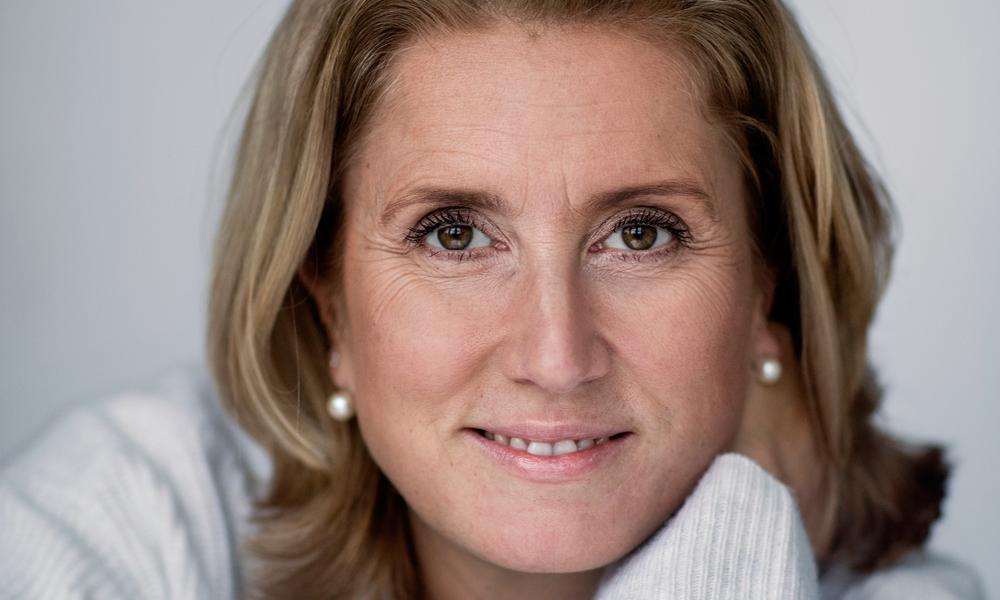“The areas prioritised during the current strategy’s development are still relevant. The main challenge is that it takes too long to realise them. We need resources and political momentum to realise the changes. The new strategy will need more focus on specific proposals and goals,” says Jenny Nyström, Dean of the Sahlgrenska Academy.
AnnonsWe need resources and political momentum to realise the changes
She emphasises the importance of accessibility to health and healthcare data for research and innovation.
“The current regulatory framework is an obstacle to both healthcare and research, and it affects our competitiveness, for example, in precision medicine. The report “Vidareanvändning av hälsodata för vård och klinisk forskning” (Further use of health data for healthcare and clinical research) proposes changes to the Patient Data Act, which may be an excellent first step.”
Annons
Jenny Nyström also emphasises the need for greater awareness of the sector, as she finds it necessary to attract investment and talent in order to strengthen Sweden’s competitiveness. She refers to a survey in West Sweden last year, which showed that the automotive industry is well known to the public, while knowledge of the life science sector is very low.
Anna Martling, Scientific Director Life Science at the Karolinska Institutet, finds that the government is making a sound prioritisation when expressing its will to develop the infrastructure in research and health data with the help of AI to create favourable conditions and predictability for the business community, and to strengthen the supply of expertise.
Annons“Other key aspects that should be included in the process of a renewed strategy are prevention and implementation in healthcare,” she says.

She explains that the President of the Karolinska Institutet was part of the national collaboration group for health and life science.
“Through this participation, we contributed to the roadmap for precision medicine, among other things, and we are still involved in the work on the strategy. We can see that medical breakthroughs in advanced therapies and precision medicine entail a major transition for the healthcare system, not least through developed diagnostics,” she says, emphasising that a high pace and a high level of ambition are required from everyone involved to keep up with developments and strengthen Sweden’s competitiveness in the field.
Annons Annons